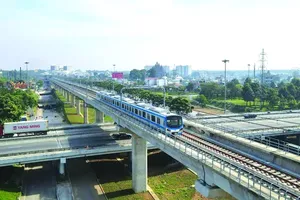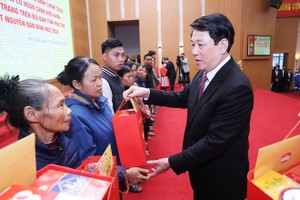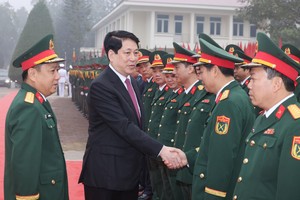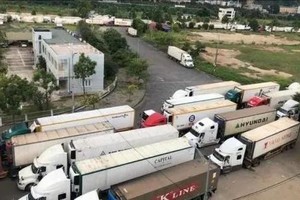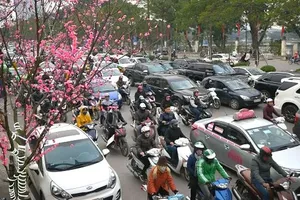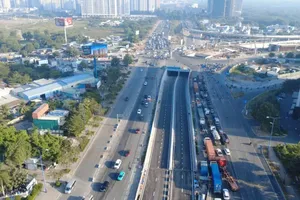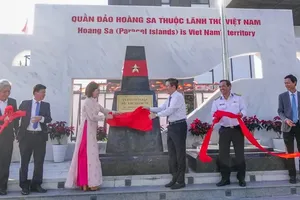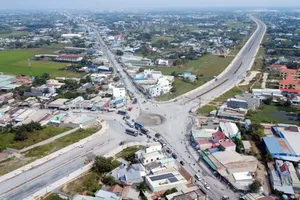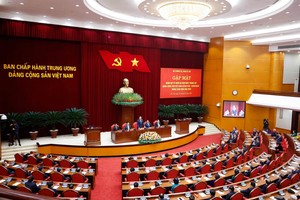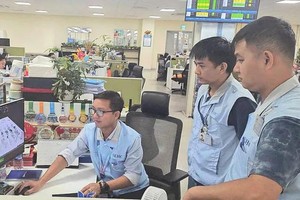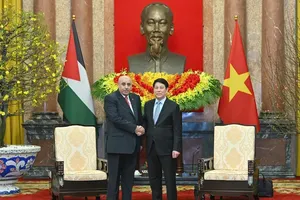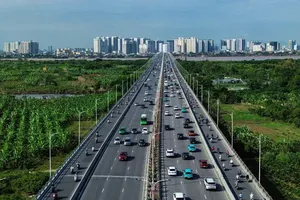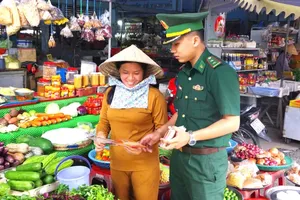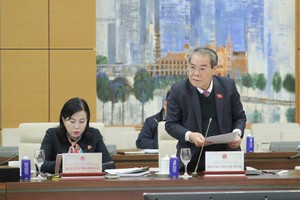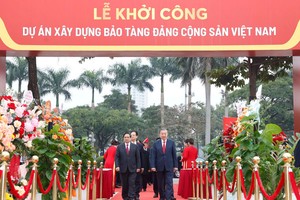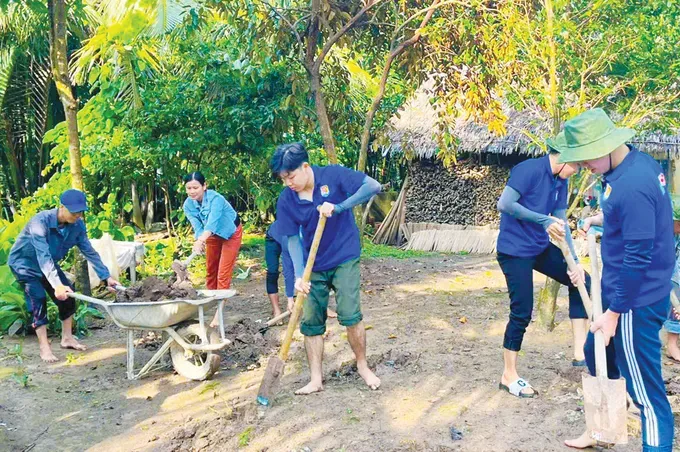
From beneficiary to benefactor
Early in the afternoon, 65-year-old Tran Thi Hanh, Head of the Women’s Union in Neighborhood No.27 of An Hoi Dong Ward in HCMC, makes her familiar rounds, visiting women facing hardship. At the home of a single mother battling cancer, her words are a gentle balm: “Try to keep your health and spirits up. You have to be strong for your little one.” She leaves behind new notebooks and a small gift, a simple gesture that has become a hallmark of her two decades of service.
Hanh’s empathy stems from her own past poverty. After receiving support to build a home, she now repays the kindness. Determined to give back, she proactively identifies and advocates for other families in need, turning her hardship into hope.
Along the paved road to the villages of Ba Na communities in Binh Phu Commune of Gia Lai Province, rows of new tiled roofs stand as a testament to progress. At the home of village chief Dinh Phuc, he recounted how state policies, beginning in 2005, have empowered his people.
A prime example is 40-year-old Dinh Thai. Once struggling, he received a new house in 2007, a foundation from which he not only escaped poverty but became a successful community leader, serving two terms as village chief. He, in turn, inspired a new generation to work hard and build a better future for their village.
“This housing program is a precious gift for people living in mountainous areas”, Chief Dinh Phuc explained. “Some dream their whole lives of a sturdy home. Now that the state has provided it, our people can focus on escaping poverty.”
This cycle of paying it forward is becoming a common narrative. In Quang Ngai Province, Y Sum, who received her new home in March 2025, feels a deep sense of duty. “Having this house, thanks to the State’s support, I always remind myself to strive harder to repay it”, she said.
Similarly, the journey of A Lang Nhu, a 45-year-old Co Tu veteran in Da Nang City, shows the value of timely empowerment. After the military, he was sponsored by the Government to study community tourism. He returned and rallied his neighbors to establish the successful Ta Lang – Gian Bi eco-tourism cooperative, which now provides jobs for dozens.
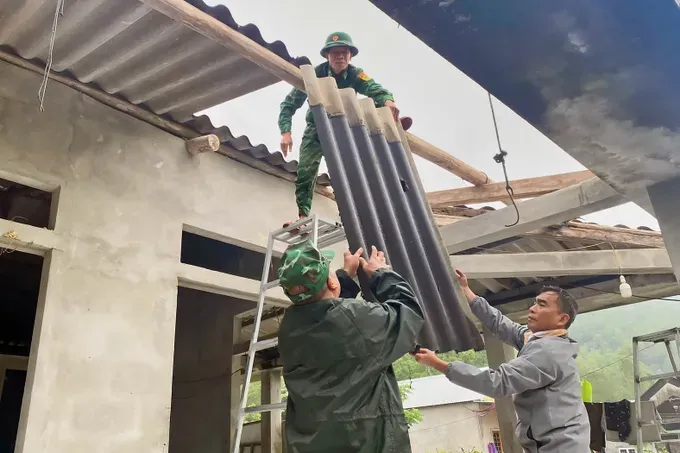
Lands gradually “healed”
In the misty borderlands of Lao Cai Province, the village of Nu (Phuc Khanh Commune) is being reborn. Sturdy, two-story stilt houses now dot the hills, a testament not just to new beginnings but to human resilience and the power of a unified political system.
In September 2024, Typhoon Yagi unleashed a horrific flash flood that submerged Lang Nu Hamlet in tragedy, killing 60 people and all but wiping the village off the map. Before the rain had even stopped, Prime Minister Pham Minh Chinh was on the scene, demanding that reconstruction be completed by year’s end.
Just 10 days later, work began on three new resettlement areas, with modern homes built in the traditional style of the local Tay and Dao people. For survivors like Dang Thi Nich, who lost her husband, two children, and mother-in-law, these new homes are the foundation for rebuilding a shattered life.
That journey of healing is not confined to the northern mountains. It extends to the Central Highlands and the central coastal area, which once scarred by landslides and the legacy of war.
Ta Lang – Gian Bi in Da Nang City used to be a place of precarious incomes and rickety houses. Today, new roads are lined with sturdy homes. Thanks to the house building campaign, people now have a foundation to do business, boldly borrow capital to plant forests, raise bees, develop the forest economy, and sell carbon credits.
According to Deputy Head Nguyen Van Trung of the local Fatherland Front Committee, these houses are a launchpad. “Once you have roads, electricity, and a house, people start to think differently”, he said. “It’s a huge transformation that goes beyond just having a roof.”
In Hue City, A Luoi area once mired in poverty from war and shifting cultivation, was officially recognized in 2024 as having escaped poverty. The catalyst was often a new home, which emboldened people to “think differently, act differently”. A Lieng Thi Ha, for instance, took out a VND300 million (US$12,000) loan to build a successful circular agriculture model that is now being replicated by her neighbors.
In Quang Ngai Province, 41 households in Dak La Hamlet of Mang But Commune, who for years lived in constant fear of landslides, were relocated in early 2025 to a new, safer area only 1.5km away from their old accommodation. Each family received VND60 million ($2,400) to build a new life. In a short time, a vibrant new village has “sprouted up” on stable ground.
The countrysides that once bore the scars of poverty are now being healed – by sturdy roofs, by the radiant smiles of their people, and by the persistent, collective effort of an entire nation. When people have a stable home, faith is reborn, and the aspiration to build a life also begins to take root. From these new foundations, a different future is taking shape, flourishing in step with a new era.


